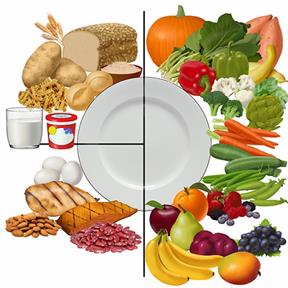ThisisPatientEngagementcontent
Preventing Heart Failure
Learn more about our Patient Engagement products now! Turn your patients into active participants in their healthcare by giving them easy access to the same evidence-based information you trust – but delivered in an easy-to-understand format.
Heart failure is a condition where the heart has trouble pumping blood. This may mean that the heart can't pump enough blood out to the body or that the heart doesn't fill up with enough blood. These problems can lead to symptoms like tiredness, trouble breathing, and swelling in the body.
Heart failure is a common medical condition that affects the whole body, not just the heart. By making changes to your diet and lifestyle, you can help prevent heart failure and avoid serious health problems.
The risk of heart failure increases as a person gets older. The most common causes are high blood pressure and blocked blood vessels known as coronary artery disease.
Other things that may make you more likely to get heart failure include:Eating and drinking

Alcohol
Lifestyle

General instructions
See a provider regularly for screening and wellness checks. Work with your provider to manage your:This information is not intended to replace advice given to you by your health care provider. Make sure you discuss any questions you have with your health care provider.
Cookies are used by this site. To decline or learn more, visit our cookie notice.
Copyright © 2025 Elsevier, its licensors, and contributors. All rights are reserved, including those for text and data mining, AI training, and similar technologies.